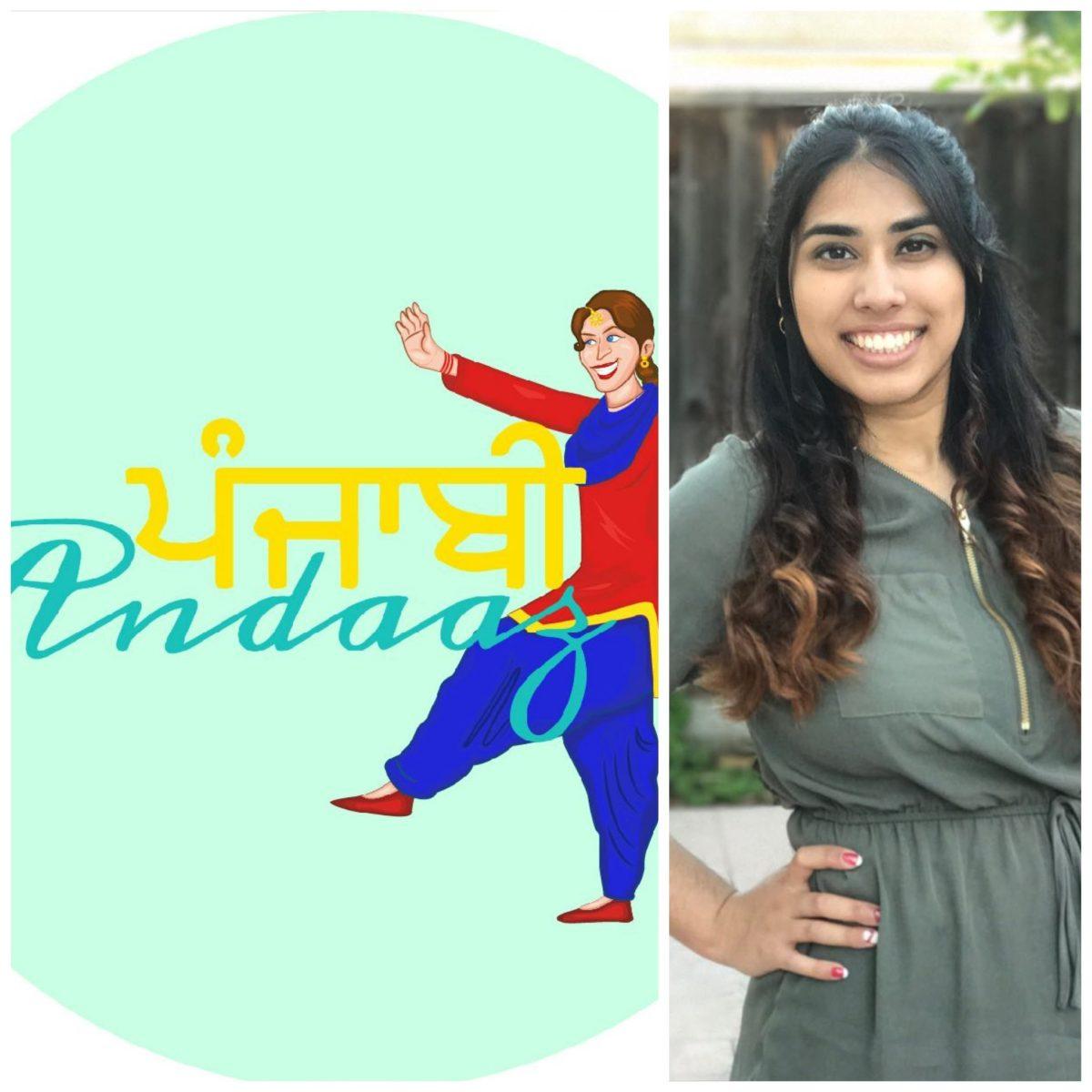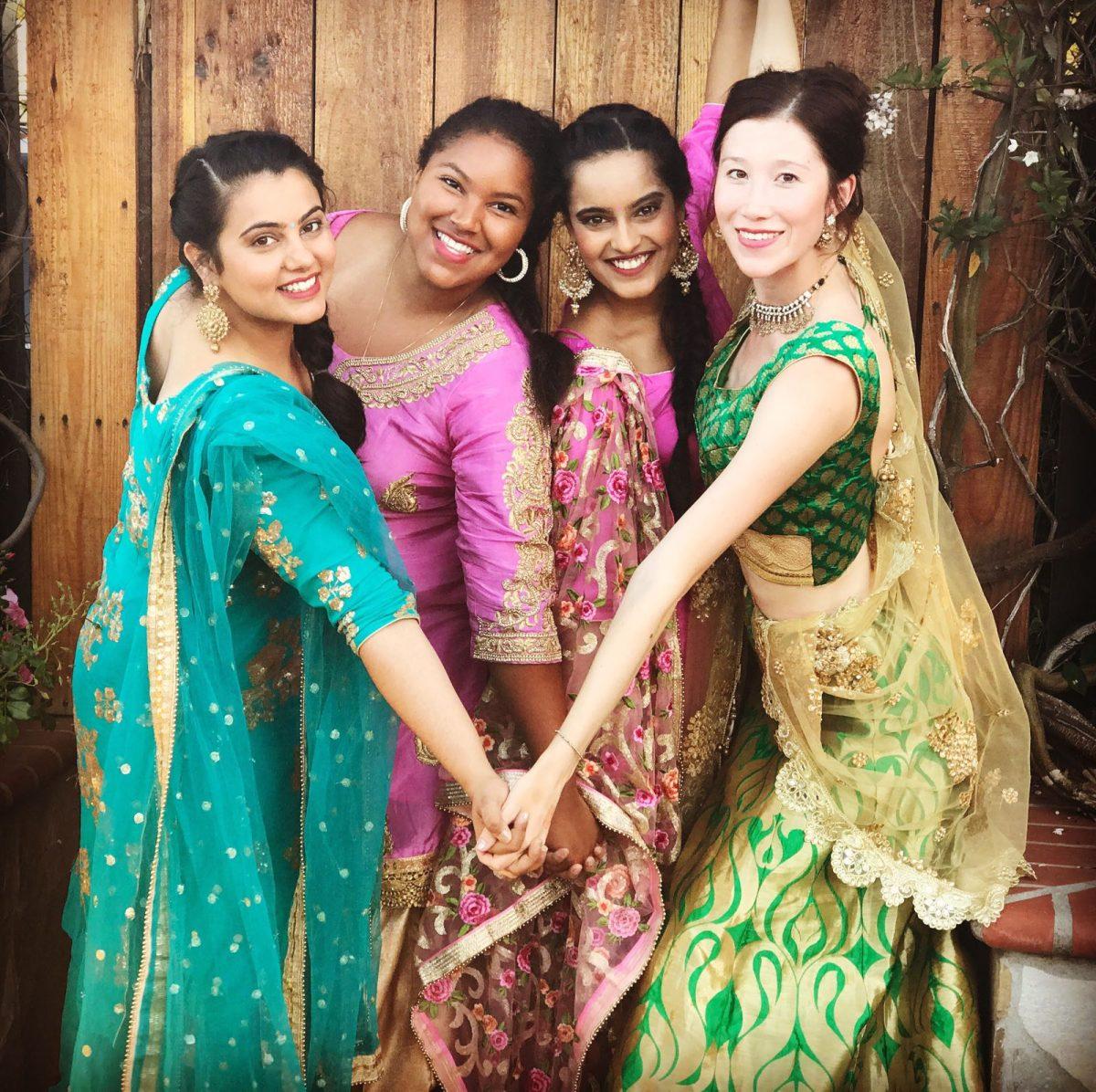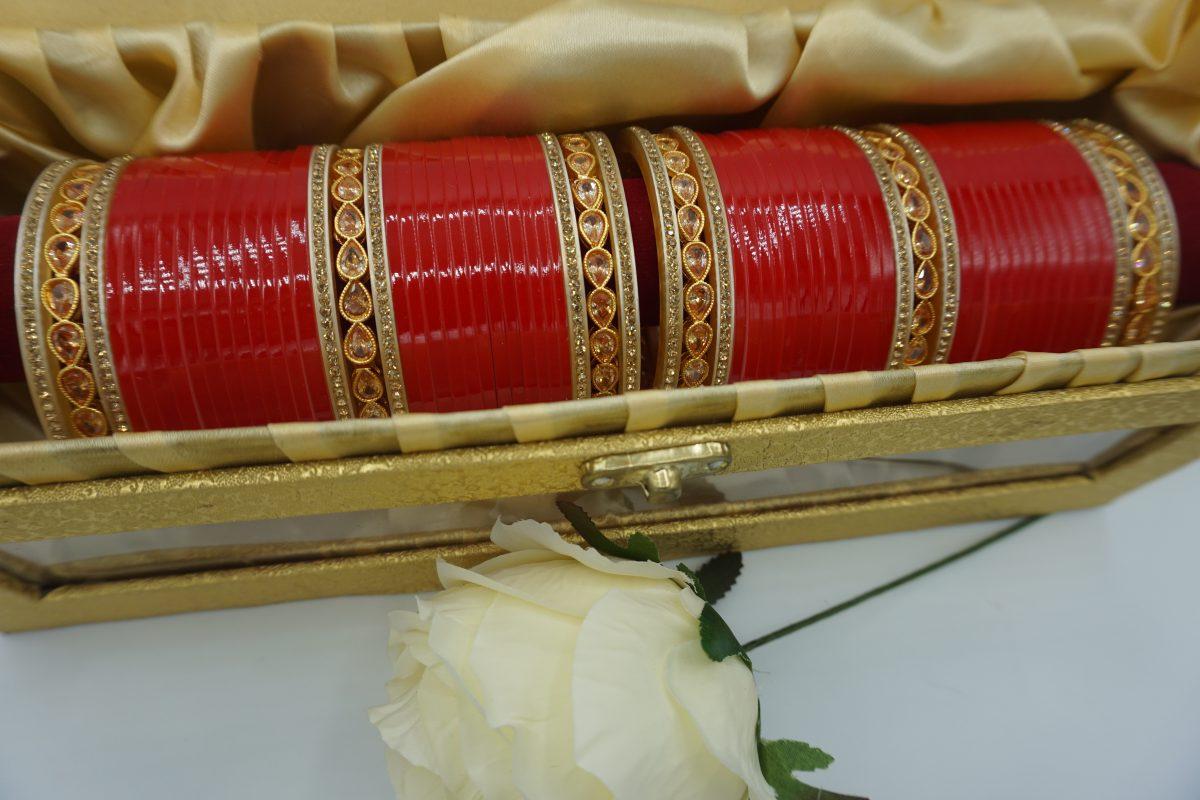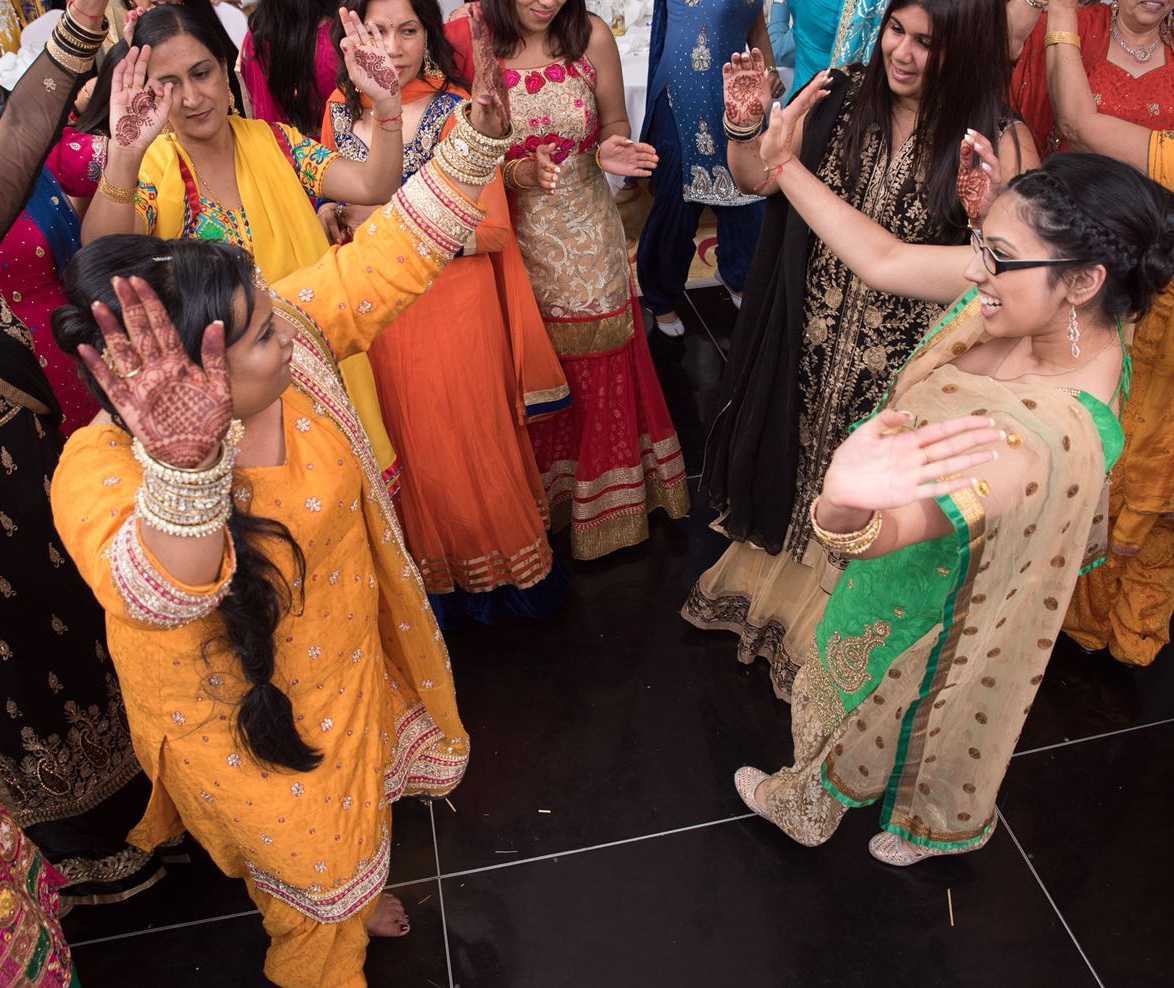Many of us have heard our parent’s or grandparent’s say, “Back when I was kid…” and they normally tend to follow it with something such as, I would walk to school, we didn’t have phones, we would go outside and items similar to these. What we don’t hear them say talk about a lot is the negative things they saw growing up or why they think the way they do.
How many of us have heard someone say, “Oh it’s okay. Maybe next time it will be a girl,” or “You had a girl, that’s so sad.” Chances are if you are from an Indian family you have heard that or you know someone that has.
People see having a girl as a burden, but welcome to 2017 where students at California State University (Stan State) show that times have changed and everyone needs to know that.
Even though she had a horrible past Jasmeen Kaur (freshman, Undeclared) wasn’t hesitant to talk about it.
“I have experienced someone not wanting a girl. When I was born my dad didn’t come to see me until a week later. He was expecting a boy. I was given to my aunt and uncle who raised me. Technically, I was adopted by them,” Kaur says. “But now things are better. My dad and I get along the best out of everyone in my family.”
Manroop Chandi (sophomore, Business & Economics) gave her first hand experience with issue as well.
“It is very common to hear this and I have a personal experience with this too. My sister in law gave birth to my niece last year, and I went to the Sikh Temple and a lot of the ladies asked us the question. “Was it a boy or a girl?” Obviously I very happily said it was a baby girl. Many of the reactions I got were, “oh it was a girl, that’s so sad. Hopefully next time it will be a boy.”
Dalvir Atwal (senior, Kinesiology) was quick to give his stance on the issue.
“I think that it’s unfair. I have seen it happening and sexism is still alive,” Atwal states.
Harpreet Kooner (freshman,Undeclared) went straight to the point about what he had to say.
“I have seen a couple of parents who wish it was a boy,”Kooner states.
So why exactly do people find girls to be a burden? Is it because they have to be taught how to cook, clean and take care of their family?
“There isn’t really a definitive answer to this. In my opinion it just depends on family to family. Every-one has a different answer to this, but I haven’t necessarily come across men that were willing to do house work, cook, and clean. I feel like our generation is still getting there and there’s still a lot of work need to be done to help change the mind-set in a more positive manner,” Chandi said.
Both men have to say that it is time for men to get to work, as well.
“The kitchen isn’t for just girls. The kitchen is for anyone that is hungry!” Atwal said. “And regardless of whether you are male or female you can get to taking care of the house.”
“There shouldn’t be gender roles and if there are, they shouldn’t be forced,” Kooner says.
Kaur backs up their positions.
“Why should girls be the only ones that know how to cook? In today’s generation both girls and guys are willing to take on housework,” she says.
Born in 1957, Amrik Bajwa, a resident of Turlock, Ca., watched girls being left behind.
“There was a lot of it!” Bajwa says. “I saw a lot of it growing and can’t believe some people still think like this.”
So what about gender roles?
“It’s a busy life. Both men and women need to be doing housework. It is their house and men should really learn how to cook. The reason being, if his mother or wife get sick then they can take care of them. Women will already know to cook, because it unfortunately told that their in-laws will kick them out if they don’t know how.”
She goes on to add her stance on everything and wraps it up in a simple way.
“Girls are even better than boys,” Bajwa says.
Author of the article, “Why is the number of adoptions in India declining?” Nikita Doval, writes, “According to the National Crime Records Bureau, 930 children were abandoned across India in 2013. This could be a massive underestimation—by more than 10,000 times, according to statistics presented to the Supreme Court in a PIL filed in 2011 which estimates the figure to be closer to 11 million, 90% of them girls.”
Raj Khaira founded the Pink Ladoo Project, as way to celebrate girl birth.
“The idea first came to me when we were packing boxes of ladoo for the birth of my brother, when I was twelve. The idea fell away and didn’t come back to me until my mid to late twenties. I was working as a lawyer and saw many diversity and women’s inclusion campaigns. It got me thinking what is the south Asian community doing to improve diversity?” Kahira says.
With the launch of a new project there are always some challenges and some people who think there is no point in it.
“This is a social media campaign so my interaction with people really centers around the social media. I did have one elderly lady at a talk that I was giving say to me that her family celebrates girls so this campaign was pointless. To that I replied, ‘just because your family celebrates girls , that doesn’t mean that everyone does. If there is even one family that doesn’t celebrate the birth of a girl, that is enough for me to know that campaign has purpose and meaning,” she explains.
This campaign has come far from the start and still has some more to go.
“We got forty-thousand followers in different countries. The majority of our following is in Canada, United States and United Kingdom. We have had extensive press coverage and we have been featured by some of the world’s most prestigious news outlets. But still 40,000 people out of a global community of South Asians isn’t very many. On one hand I feel that the campaign has come very far, but on the other hand I feel that there is still a lot of work to be done,” Khaira says.
Just how Khaira feels that there still needs to be some work done with her campaign, there still needs to be some work done with people’s mindsets. It’s now up to this generation to break the tradition and start celebrating girl birth and start thinking of every gender as equal. Let’s forget gender roles and start working together, because in the end it will make life a whole lot easier.






